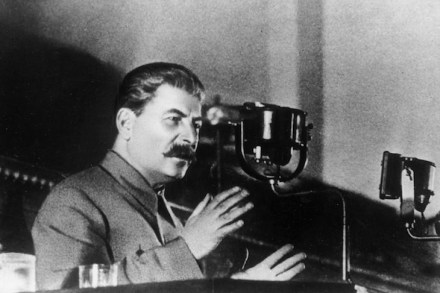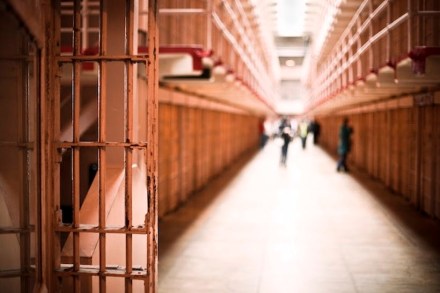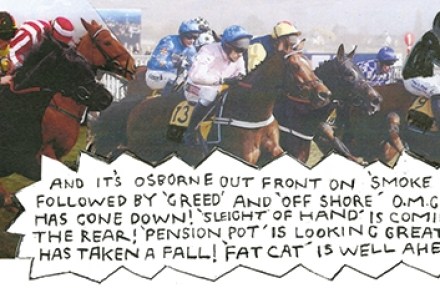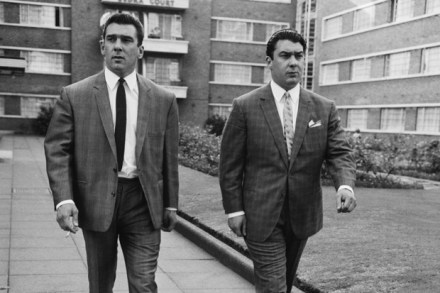Punks vs. Putin
What makes for meaningful political protest? In regimes where ideology was taken seriously (such as the Soviet Union or America during the Cold War), dissidents and dissenters could target rulers’ political ideas, whether communist or capitalist. But in regimes where ideology is used more to distract than indoctrinate (such as Putin’s Russia or Trump’s America), directly opposing the leaders’ ‘narrative’ (one which can change, depending on political expedience) risks playing right into their game. As Trump’s former strategist Steve Bannon revealed in an interview with American Prospect, Trump’s race-baiting has provoked Democrats into focusing on identity issues, which is just the argument Bannon wants them to obsess over: he believes



















